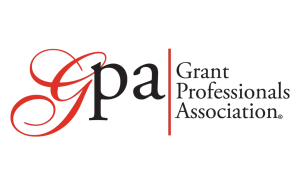COVID-19 and the shutdown have put the role of nonprofit boards in sharp focus. It’s a good time to reexamine your understandings and expectations of your organization’s board. What is it that boards actually do? A good way to think about it is to remember the “required and elective” scheme.
Boards are required to see to it that the nonprofit follows all applicable federal and state laws, including registration, taxation and other business matters. They are expected to approve a budget, hire and compensate the chief executive and see to it that the nonprofit pursues the mission for which it was created.
That’s about it in terms of the “required.” It’s the electives that often cause confusion and misuse a board’s time and energy. Your board might be called on (or volunteer) to do these things, depending on your by-laws and on the nature of your work and what it takes to carry out programs.
Board members might be asked to use their connections to introduce the nonprofit to potential donors. You might ask board members to attend events and be a part of the organization’s “workforce” for the moment. You might expect individual board members to make personal financial contributions to the organization.
“The key to making any of these work is being clear about expectations,” said Thomas Boyd, chief editorial consultant to The Grantsmanship Center in Los Angeles, Calif., “being specific about your requests and being supportive in ways that help board members do what you’ve asked of them.”
Bad feelings fester when a board member is left in the dark and then covertly criticized because that person “doesn’t do what we need them to do.” The COVID-19 crisis has made it even more important to make the effort to communicate — spell out the ways and means your board can help strengthen the organization.
© Copyright 2021 The Grantsmanship Center










